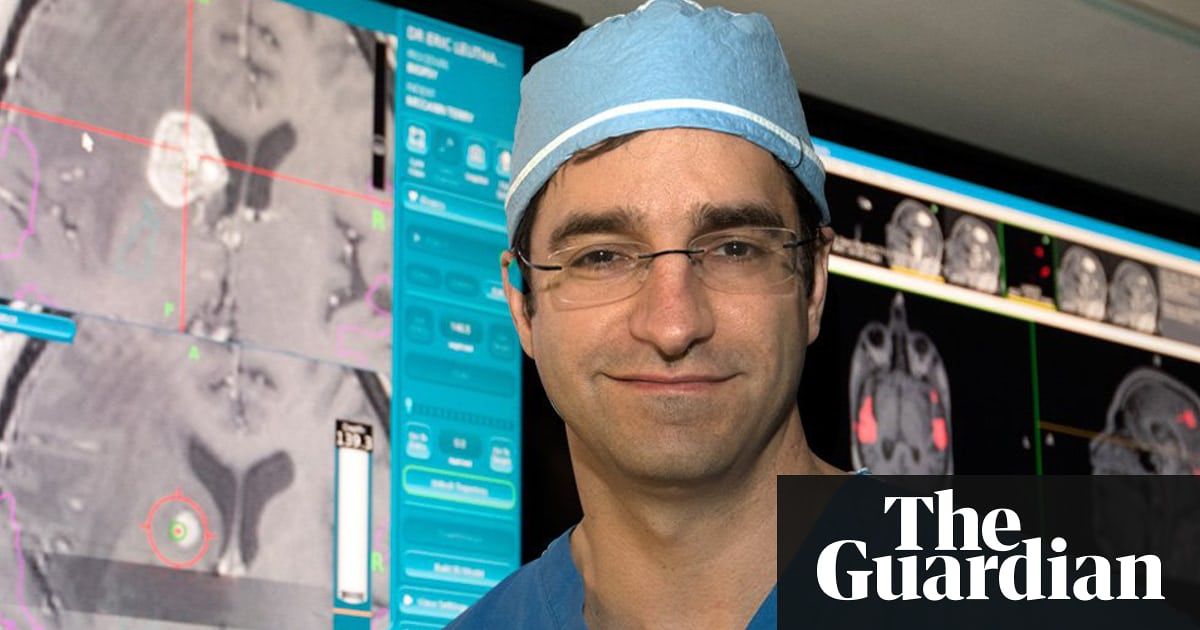I guess any procedure involving the brain feels like a different category of risk to most people. You must face that anxiety every day. I think there are two types of surgical practice that really strike at the core of people’s anxiety. One is brain surgery, where you are operating on something that people see as themselves, their sense of identity, their mind. The other one is, I think, paediatric surgery, where the operation is on the thing most precious to you – your children. I think both create a dynamic where you need to work harder to create trust with your patients.
When it comes to innovation that might link a person’s mind directly with a machine, it seems as much an ethical as a medical question. Is that how you see it? Ethicists are critical in what we do. A working interface would be a real turning point in human evolution. I don’t say that with bombast or hyperbole. And just like with artificial intelligence, we need to take the greatest care in how we think about it. Whether it happens in five years or 50 years, it will happen. I wrote these two science-fiction novels to try to walk people through some of the things that could happen; for example, if others got unauthorised access to these implants, or when corporations got involved. We need to be thinking about these things now, rather than after the fact.
Was one of the motivations in writing your books to work out these things for yourself? Did you feel the same at the beginning of the process as at the end? I had certain ideas in mind when I started the books, but there was an evolution. I came to think less about that individual interface and more about the effect this technology might have on society. We need to think hard about how advances [might] not increase social division.










Comments are closed.